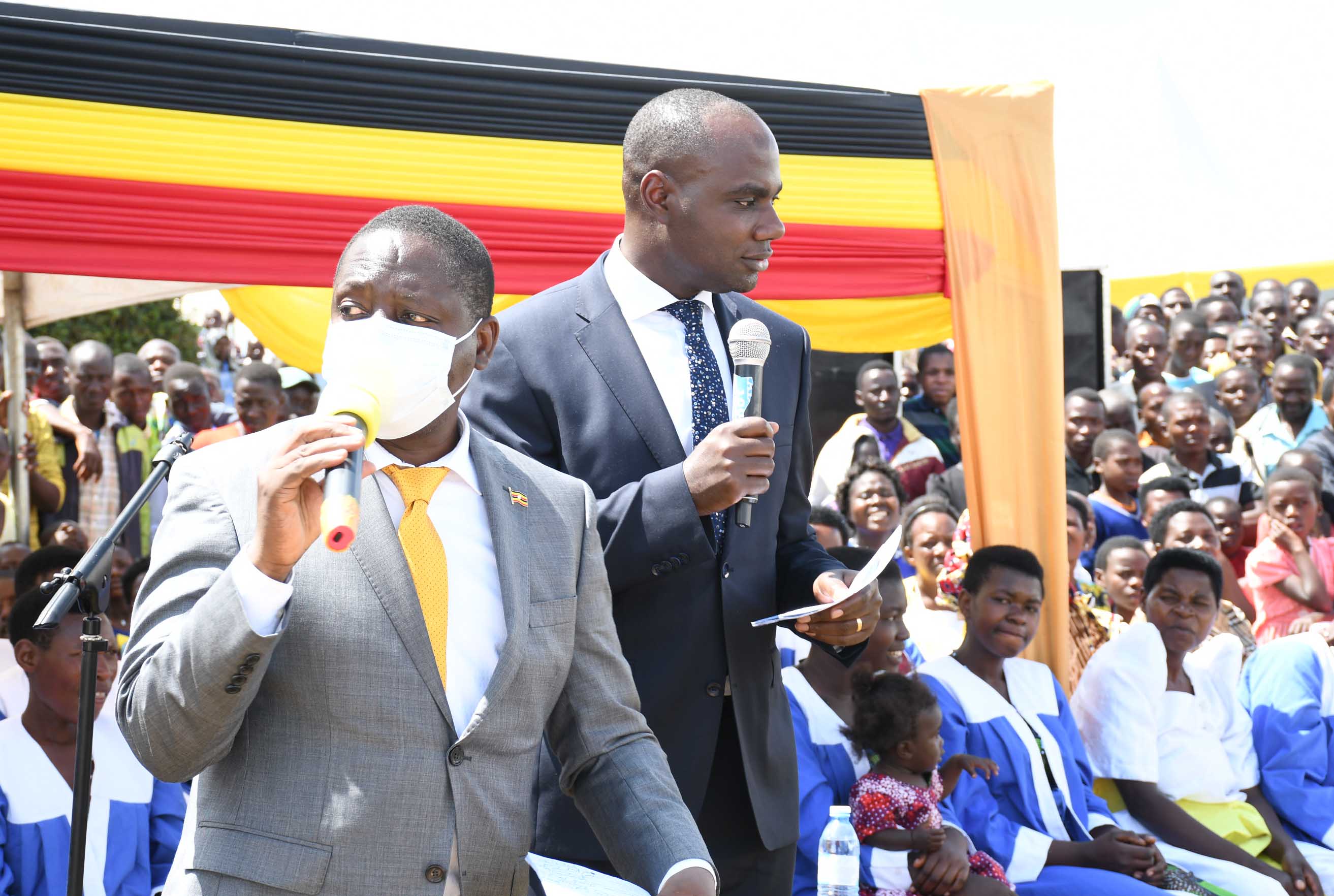Exemplary leaders key in Parish Development Model

Bbiira Kiwanuka
What you need to know:
- Leaders in the National Agricultural Advisory Services (Naads) left not even one mango tree or banana plant at the sub-counties where they were deployed to serve as agricultural extension workers and Naads coordinators.
Uganda has designed a progressive people empowerment strategy that is envisaged to be implemented through the Parish Development Model (PDM). The mere understanding of this model focuses one to a state of progress with rural poor communities transformed.
We ideally expect no absolute poor person after this model succeeds. Uganda has had seemingly the same change theory in other anti-poverty initiatives such as the National Agricultural Advisory Services (Naads).
Specifically, the Farmer Institutional Development was a revolutionary model under Naads. This therefore gives a high degree of credit to the conceptualisation process by technocrats who design these programmes. I recall the good features of Northern Uganda Social Action Fund Programme, the Youth Enterprise Scheme, Youth Livelihood Programme and the Uganda Women Entrepreneurs Programme, among others. In essence, these programmes have lacked physical reflections from the leaders. In all these and other social transformation initiatives, the leaders have been process facilitators and talking or guiding implementations without showing the population that it is possible to shift from poverty to prosperity. It is for this reason that I propose the creation of conclaves of success on the leaders if the PDM is to succeed.
At each pillar of the model, leaders should lead the way and establish success factor demonstrations. The population can best understand the productivity dogma if the leaders have shown it that it works. Leaders in the National Agricultural Advisory Services (Naads) left not even one mango tree or banana plant at the sub-counties where they were deployed to serve as agricultural extension workers and Naads coordinators. The Local Government political and technical leaders could not even be inspired that the programme had the potential to transform them before the people they administered the programme to. The PDM is destined to succeed if we create a cohort of leaders implementing the values and ideals for the model. For example, targeting leaders with attitude change, mobilising them to produce, a leaders’ Sacco, joint production, among others, will not only inspire the population but also make leaders deeply convinced that the PDM will work.
Africa has had graduates of business administration without any ability to even start or run a $10 capital kiosk. We must change this. This leadership enclaves are aimed at positioning leaders with the deeper appreciation of the self-conviction that the Parish Development Model must succeed. It will empower the leaders with the capacity to mainstream the model in all development discourses of their areas of jurisdiction. The Local Government leaders have been challenged by the leaders working in a semi-independent isolated manner. For example, interactions with the community development officers will make one understand that they are rather project officers for these government interventions rather than serving as community development agents.
Most Local Government staff lack transformational agendas and therefore need reorientation focused on their cocoons as leaders. Therefore, all the pillars of the PDM must be piloted on the leaders. Its then that leaders will deeply appreciate, visualise and deliver leadership of value and conviction in the implementation of the model. For example, a political leader spending with no financial literacy cannot deliver financial literacy in the financial inclusion desires of the PDM.
The purpose of the model is to deepen dementalisation, improve households’ income, enable inclusive sustainable social economic transformation and accountability at the local level. However, to realise this, leaders must be exemplary. The local leaders are poor, vulnerable and are not part of the production systems in most of their areas. Few leaders can link between PDM and national development plans or their social transformation agendas. For example, in most of the local governments, the identification of actors to champion development is rather based on other transactional needs, not the desire to improve society.
Local leaders have been targeted as mobilisers, not participants or beneficiaries of all the pillars of the PDM. Yet, all the aspirations of the PDM are vested on the manner in which the local leaders in the various local governments embrace the model, are empowered to empower and show the way. Leaders cannot deliver what they don’t have.
Mr Bbiira Kiwanuka is the executive director of Recreation for Development and Peace Uganda.




